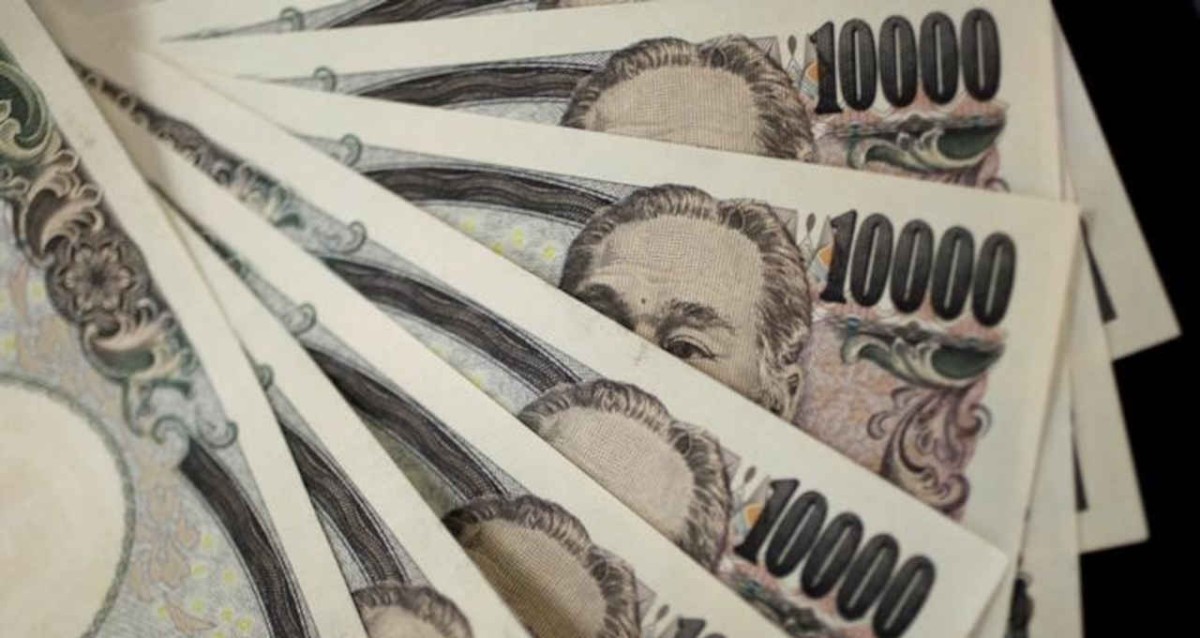Japan is a country known for its cutting-edge technologies, its unique cuisine and its rich and diverse culture. Furthermore, the country is also known for its monetary policy and its interest rates, which have a significant impact on the global economy. In this article, we'll explore Japan's interest rate and its impact on the economy.
Japan's interest rate is set by the Bank of Japan (BOJ), the country's central bank. The BOJ aims to maintain price stability and ensure the country's financial stability. To achieve this goal, the BOJ uses several tools, including interest rate setting.
Currently, Japan's interest rate is 0.1%. This is one of the lowest interest rates in the world along with the Swiss interest rate. This low rate has been maintained by the BOJ since December 2008, in response to the global financial crisis that hit the country at the time.
We also recommend reading:
- Japan's Best Credit Cards
- Finance in Japanese: Essential Vocabulary for Investing in the Japanese Market
- Coins of Japan - Knowing the Yen and its history
Table of Content
What is the effect of the low interest rate in Japan?
Japan's low interest rate has several effects on the economy. First, it encourages consumption, as low interest rates make credit cheaper and more accessible to consumers. This can lead to an increase in investment, employment and income.
On the other hand, the low interest rate may also lead to a devaluation of the Japanese currency, the yen. This can make Japanese exports more competitive, as Japanese products are cheaper for foreign buyers. However, it could also increase import prices, which could have a negative impact on the Japanese economy.
Another effect of low interest rates is the increase in public debt. The Japanese government has a very high public debt, which has already exceeded 200% of GDP. With the low interest rate, it is cheaper for the government to borrow and finance its activities. However, this could lead to an increase in public debt in the long run, which could have negative implications for the country's economy.

Different interest rates in Japan
In addition to the interest rate set by the Bank of Japan, which influences the economy in general, there are different interest rates for different branches of the Japanese economy. Here are some examples:
Japanese mortgage interest rates
In Japan, banks offer mortgages with fixed or variable interest rates. Fixed rates are usually higher, but they guarantee stability in your monthly payment. Variable rates, on the other hand, are influenced by the BOJ's base interest rate and may increase or decrease over time.
Mortgage interest rates in Japan vary by loan type and financial institution. Fixed interest rates usually range between 0.5% and 2%, while variable interest rates can be as low as 0.25%.
Business loan interest rates in Japan
Businesses in Japan can obtain loans from banks, credit unions and other financial institutions. Interest rates on these loans vary depending on the company's credit history, its ability to pay, the length of the loan, and other factors.
Average business loan rates for small businesses can range between 2.5% and 6%, while rates for larger businesses can range between 1% and 3%.
Credit card interest rates Japanese
In Japan, credit cards are widely used, but interest rates can be quite high.
Interest rates can range between 10% and 20%, with some companies offering lower rates for customers with good credit histories.
savings interest rates from Japan
Banks in Japan offer different types of savings accounts, such as regular accounts, time deposit accounts and special savings accounts.
Average interest rates for regular savings accounts range between 0.001% and 0.02%, while interest rates for time deposit accounts can range between 0.1% and 1%.

Government bond interest rates in Japan
The Japanese government issues government bonds to finance its activities. The interest rates on these bonds vary according to market demand and inflation expectations.
Interest rates for 10-year bonds currently hover around 0.1%.
Interest rates for car loans in Japan
Interest rates for car loans in Japan vary depending on the car model, the buyer's credit history and other factors. Average interest rates for car loans can range between 3% and 6%.
Student loan interest rates
Interest rates for student loans in Japan are generally low, with average rates ranging between 0.5% and 2%. However, interest rates can be higher for private student loans.
Personal loan interest rates
Interest rates for personal loans in Japan vary depending on the borrower's credit history and other factors. Average rates for personal loans can vary between 3% and 10%.
Interest Rates Around the World 2022-2023
For comparison, below is a table of interest rates for different countries. Rates refer to the year 2022, but generally the margin of error is low.
- United States: 0.25% - 0.50%
- European Union: -0.50% (deposit fee) to 0.25%
- United Kingdom: 0.10%
- Canada: 0.50%
- Japan: -0.10%
- Aumento na taxa de juros
- Brazil: 6,75%
- Índia: 4,00%
- Russia: 6.00%
- Australia: 0.25%
- México: 7,50%
- South Korea: 1,25%
- Indonésia: 5,00%
- Turkey: 14,00%
- South Africa: 3,50%
- Argentina: 36,00%
- France: -0.50% (deposit fee) to 0.25%
- Germany: -0.50% (deposit fee) to 0.25%
- Italy: -0.50% (deposit fee) to 0.10%
- Spain: -0.50% (deposit fee) to 0.10%
- Switzerland: -0.75%
- Sweden: 0.00%
- Norway: 1,50%
- Denmark: -0.75%
- Poland: 1,50%
- Netherlands: -0.50% (deposit fee) to 0.25%
- Belgium: -0.50% (deposit fee) to 0.25%
- Austria: -0.50% (deposit fee) to 0.25%
- Portugal: -0.50% (deposit fee) to 0.10%
- Ireland: -0.50% (deposit fee) to 0.10%
- Finland: -0.50% (deposit fee) to 0.25%
- Greece: 0.10%
- Czech Republic: 1,50%
- Israel: 0.10%
- United Arab Emirates: 2,00%
- Singapore: 0.18%
- Hong Kong: 0.50%
- Malaysia: 1,75%
- Thailand: 0.50%
- Philippines: 2,25%
- Egypt: 8,25%
- Nigéria: 11,50%
- Pakistan: 7,00%
- Bangladesh: 4,50%
- Vietnam: 4,25%
- Turkey: 1,50%
- Colômbia: 3,00%
- Chile: 0.50%
Remembering that these interest rates may vary according to the type of loan, the region and other economic and political factors. Therefore, it is important to always seek updated and accurate information.
Wrapping Up
The fees I mentioned are annual fees. In Japan, interest rates are usually expressed in terms of the annual interest rate, although most financial institutions also calculate daily or monthly interest rates based on the annual rate. For example, if the annual interest rate on a loan is 5%, the daily interest rate would be approximately 0.014%.
These are just some of the many interest rates that exist in Japan. Each of them plays an important role in the country's economy, influencing consumption, investment, savings and other factors that affect the lives of Japanese citizens. It is important for consumers and businesses in Japan to be aware of the different interest rates available and to make informed financial decisions based on this information.
In summary, Japan's interest rate is one of the lowest in the world and has a significant impact on the country's economy. Although a low interest rate can have positive effects, such as stimulating consumption and investment, it can also have negative effects, such as an increase in public debt and currency devaluation. It is important that the BOJ continues to carefully monitor interest rates and its monetary policy to ensure the country's financial stability and the well-being of its citizens.
